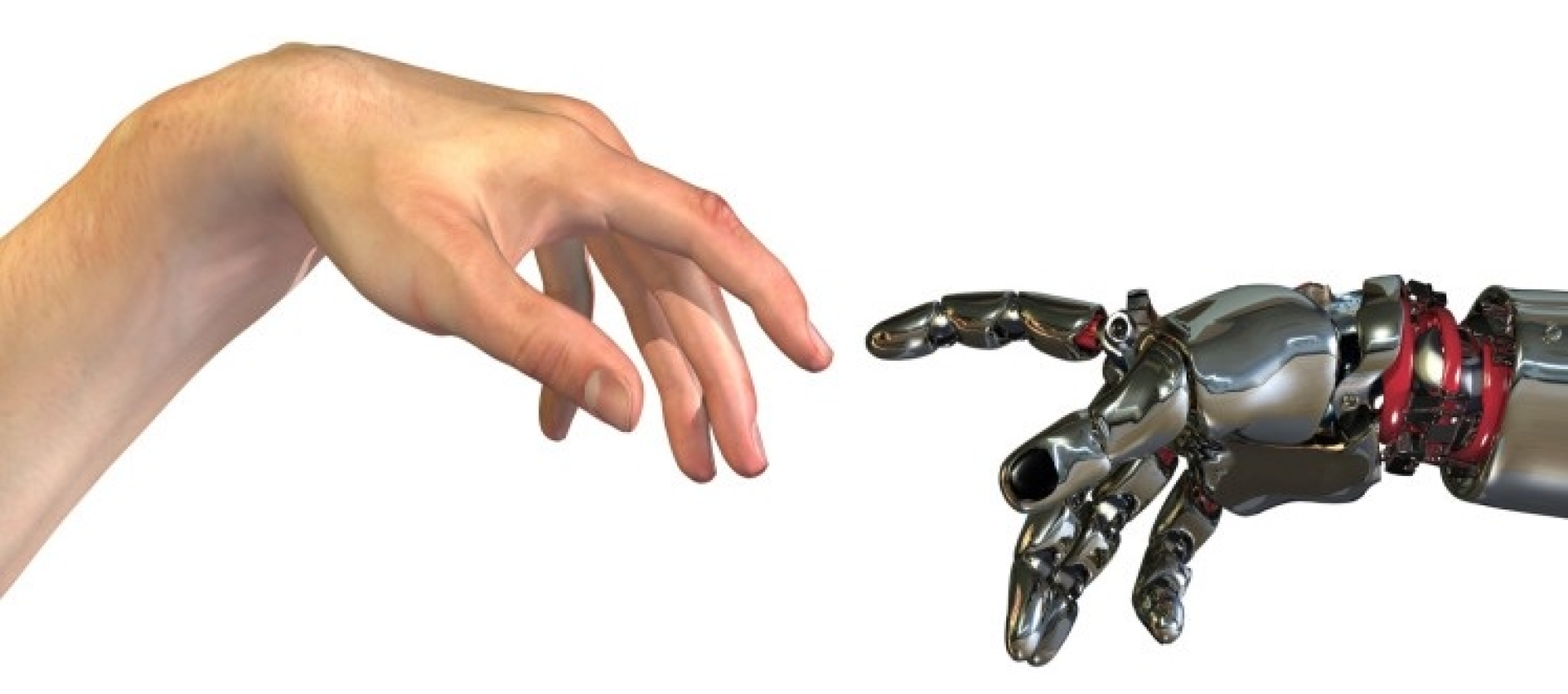

Tijdschrift 2021 | No. 5 - November
Congreseditie: Innovatie


Congreseditie: Innovatie
Zoals gebruikelijk is het vijfde nummer van Tijdschrift voor Ouderengeneeskunde een congreseditie. Het Verenso-congres werd vanwege een nieuwe COVID-19-golf last minute omgezet naar een hybride vorm, maar dat weerhoudt het niet van succes.